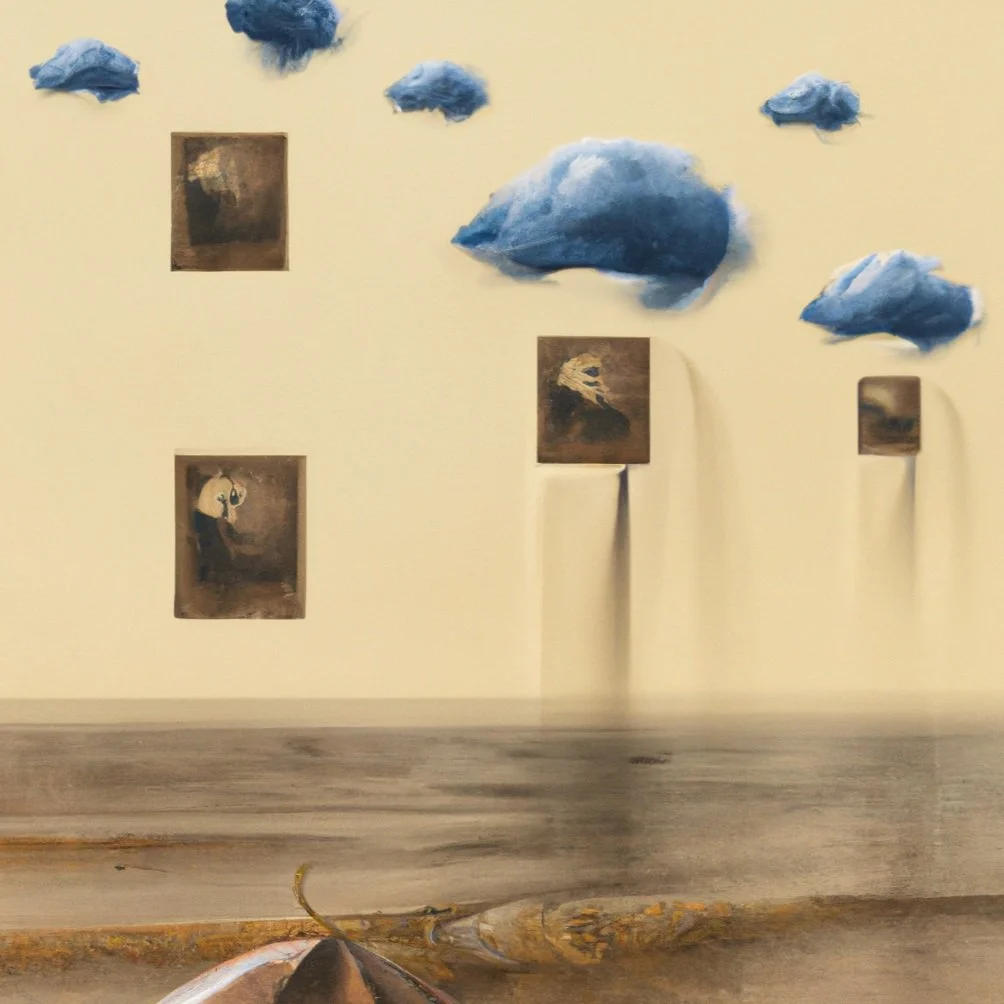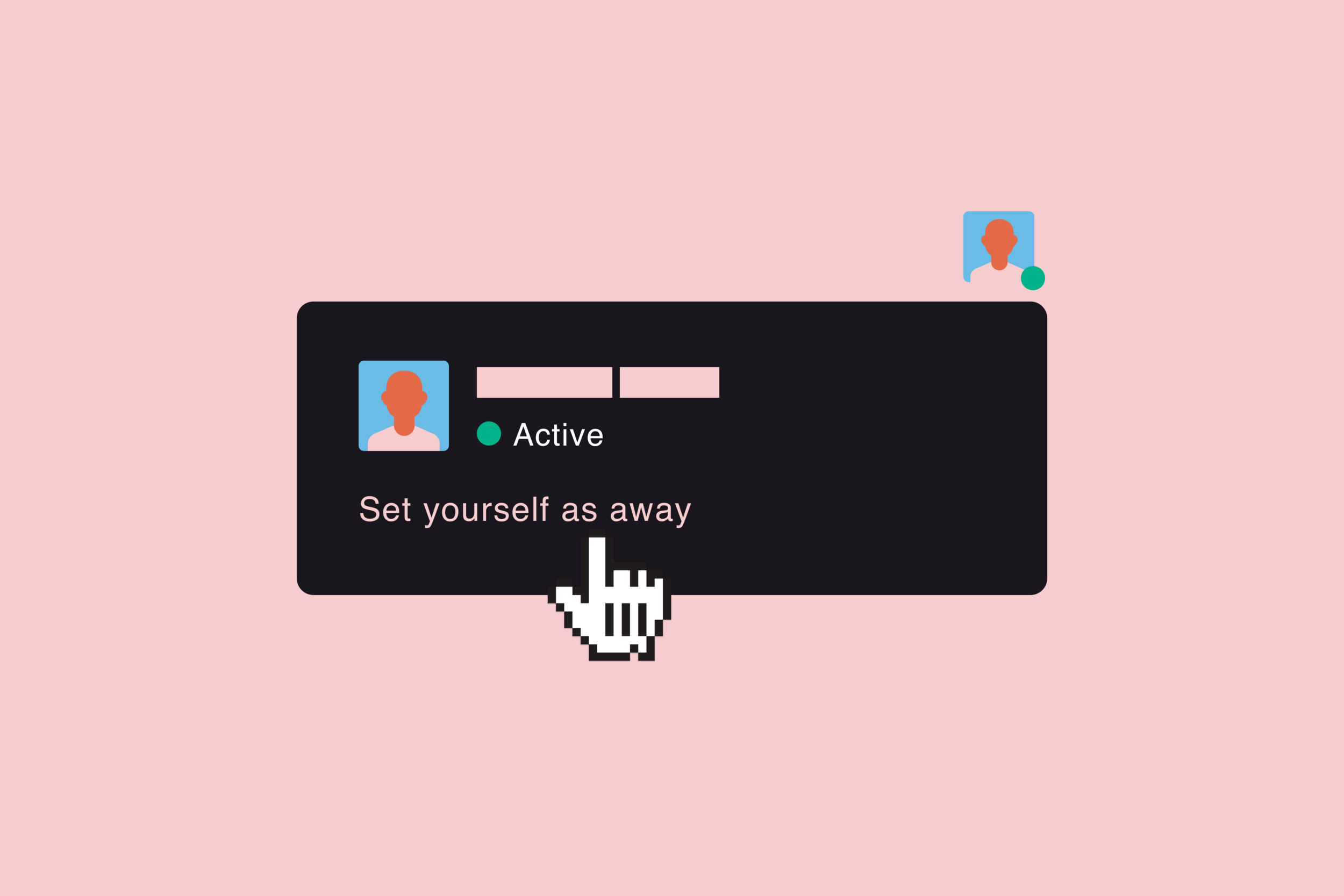One mental shortcut for making better life choices
Sailing class on the Charles River in Boston, MA
Some years ago, I quit my job without knowing what my next move would be. Around this time, I visited my brother in Boston. He was working a busy full-time job himself, which meant I found myself wandering the banks of the Charles River without company, pondering what I was going to do next with my life. After working in various design-related functions for a medical technology startup, I was now considering which area to specialise in and what sort of company I should apply to next.
As I strolled along the embankment, I listened to a podcast featuring a study on the topic of regret. It showed that 76% of study participants felt most regretful about things they did not do.
This contradicts what we are used to worrying about when we consider our future: Avoiding mistakes, either in the form of carrying out the correct action in the wrong way or walking down the wrong path altogether. This fear stops us from doing anything of interest at all. However, the research showed that it is this outcome that we’ll feel regretful about once we look back at our lives.
Watching a fleet of tiny sailing boats crisscross the river on that windy February morning, it became clear that I was about to make the same mistake. I worried about hypothetical futures that may result from any of my potential next steps. I felt hesitant about any of them and unable to decide between them given the many factors at play.
Listening to the story about the research sparked an idea (one I am aware I was not the first to ‘invent’). I could unburden myself and simplify my decision-making by focusing on the one outcome that mattered. I would choose the path of least regret.
The regret caused by doing nothing is often the greatest
Given two or more choices, which decision would I come to regret the least in the future, even if it turned out to go badly? (Note that one option the anticipated regret of which you should always consider is to do nothing.)
When I am faced with decisions the consequences of which are impossible to predict, this has become the number one question I ask myself. To this day, it has never failed me. For even if I fail at something, having tried has still been the path of least regret.
While we don’t feel the same levels of regret towards all areas of life, the common thread is regret on actions not taken. Figure by Roese, Neal & Summerville, Amy. (2005). What We Regret Most … and Why. Personality & social psychology bulletin. 31. 1273-85. 10.1177/0146167205274693.
This also works for trivial decisions: What will I regret more? Going out tonight or staying in? Reading my book or watching a YouTube video? Staying up or watching the sunrise the following morning? I am not always virtuous enough to act based on what I know would lead to experiencing less regret. But at least I learn something about myself every time.
There is one caveat to this method. Making major life decisions based on your personal anticipated regret may not be appropriate if others rely on you. Once I started my family, I had to weigh other constraints and consider the consequences of my actions for others with much more deliberation.
After my walk by the Charles, it took me a few more weeks of information-gathering before I knew what to do next. I decided on what I then thought was a more risky path: to specialise in user experience design and register my own company to do contract work for London’s design consultancies. I got lucky, finding sponsors and mentors who supported me, and I never looked back.
Wisdom comes with age and experience, but it doesn’t have to come from other people’s. The next time you feel overwhelmed by a tough decision - or try to make yourself not eat that second piece of cake - imagine how your future self would reflect on your choices. What would lead older you to have lived the life of least regret?




























